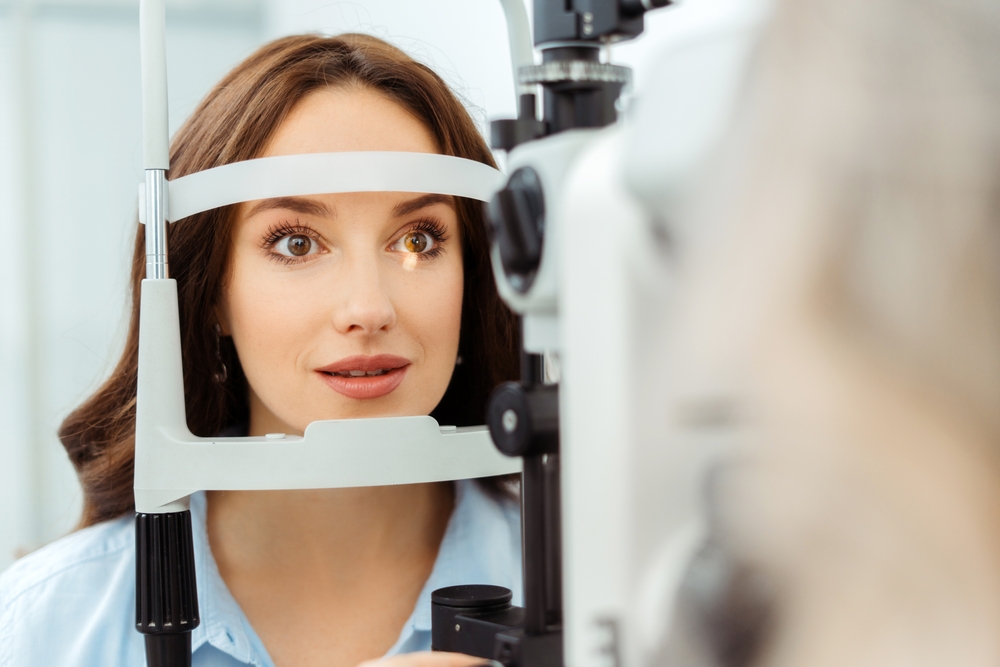
Macular health is essential for clear central vision, allowing us to read, drive, and recognize faces. When this part of the eye becomes damaged, it can lead to a condition known as macular degeneration. While age and genetics play a role in this condition, growing evidence suggests that diet and lifestyle choices can significantly influence the health of the macula and the progression of age-related macular degeneration (AMD).
What Is Macular Degeneration?
Macular degeneration is a chronic eye disease that affects the macula, the central part of the retina responsible for sharp, central vision. There are two types of AMD: dry and wet. Dry AMD is more common and progresses slowly, while wet AMD involves abnormal blood vessel growth and can lead to faster vision loss. Symptoms often include blurry or distorted vision, difficulty seeing in low light, and a dark or empty area in the center of vision.
How Diet and Lifestyle Can Impact Macular Health
Research has shown that certain nutrients and lifestyle habits can help protect the macula and slow the progression of AMD.
Nutrient-Rich Foods: A diet rich in leafy greens like spinach and kale, as well as colorful fruits and vegetables high in antioxidants, can support eye health. Nutrients like lutein and zeaxanthin, found in many green vegetables, are especially beneficial for the macula. Omega-3 fatty acids, found in fish like salmon and tuna, also support retinal health.
Vitamins and Minerals: The Age-Related Eye Disease Study (AREDS) and its follow-up AREDS2 have shown that specific supplements containing vitamins C and E, zinc, copper, lutein, and zeaxanthin may reduce the risk of progression in those with intermediate to advanced AMD.
Avoiding Smoking: Smoking is one of the most significant lifestyle risk factors for macular degeneration. It reduces the amount of oxygen reaching the retina and increases oxidative stress, both of which contribute to damage.
Managing Weight and Exercise: Obesity and a sedentary lifestyle have been linked to a higher risk of developing AMD. Regular physical activity helps improve circulation, including to the eyes, and supports overall health.
Protecting Eyes from UV Light: Wearing sunglasses that block UV and blue light may help prevent damage to the macula caused by prolonged sun exposure.
The Importance of Routine Eye Exams
Even if you are not experiencing vision problems, routine eye exams are essential in monitoring your macular health. Early detection of macular degeneration allows for better management and can help prevent serious vision loss. Your optometrist can assess your risk factors, discuss dietary and lifestyle changes, and recommend supplements if necessary.
Schedule Your Next Eye Exam at Kibo Eyecare Today
While you cannot change your age or genetics, you can take proactive steps to support your macular health through diet, lifestyle choices, and regular eye care. Eating well, staying active, avoiding smoking, and protecting your eyes from UV light are all important measures in preserving your vision.
Schedule your comprehensive eye exam at Kibo Eyecare and take the first step toward protecting your macular health for years to come. Visit our office in Glastonbury, Connecticut or call (860) 659-5900 to book your appointment today.







